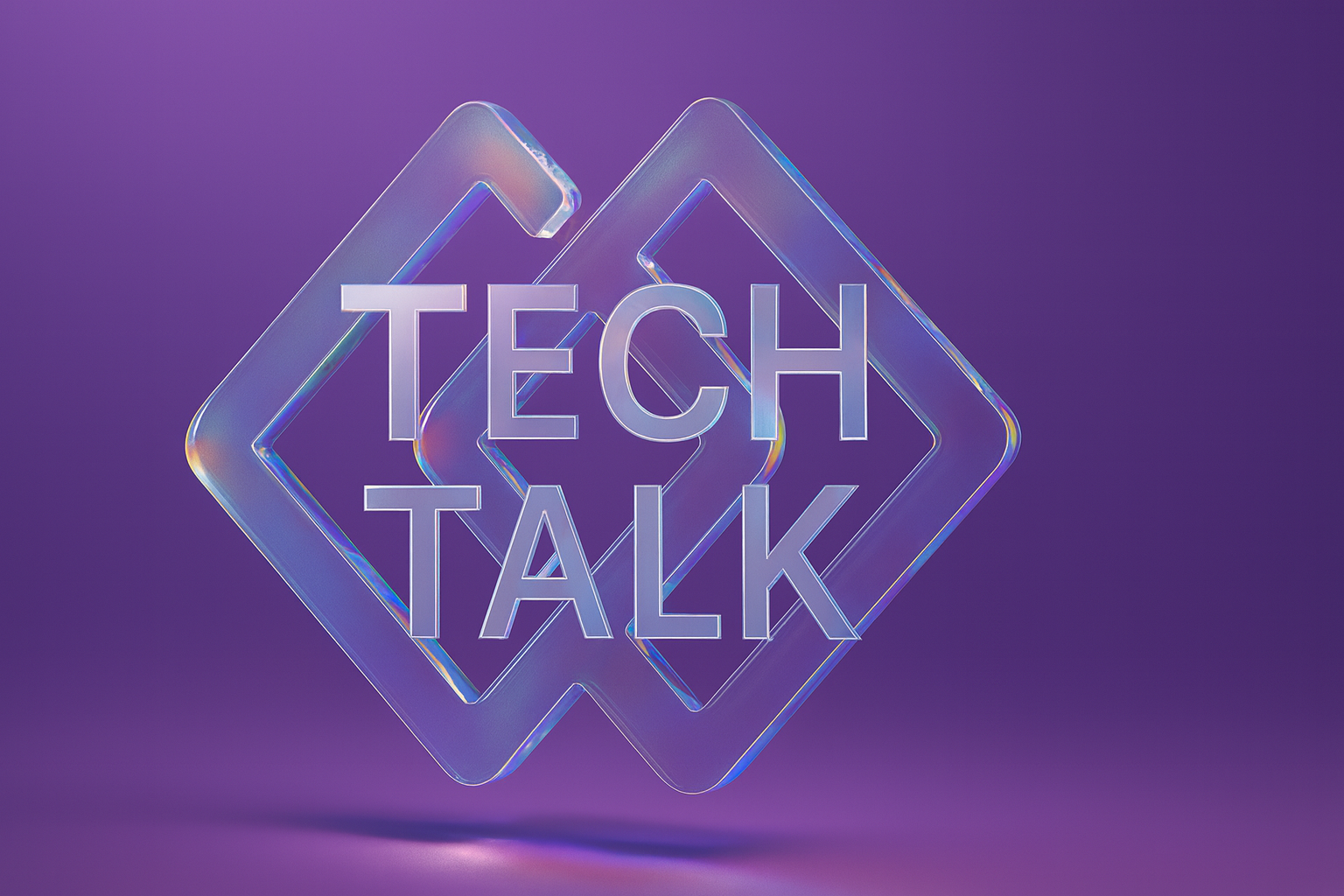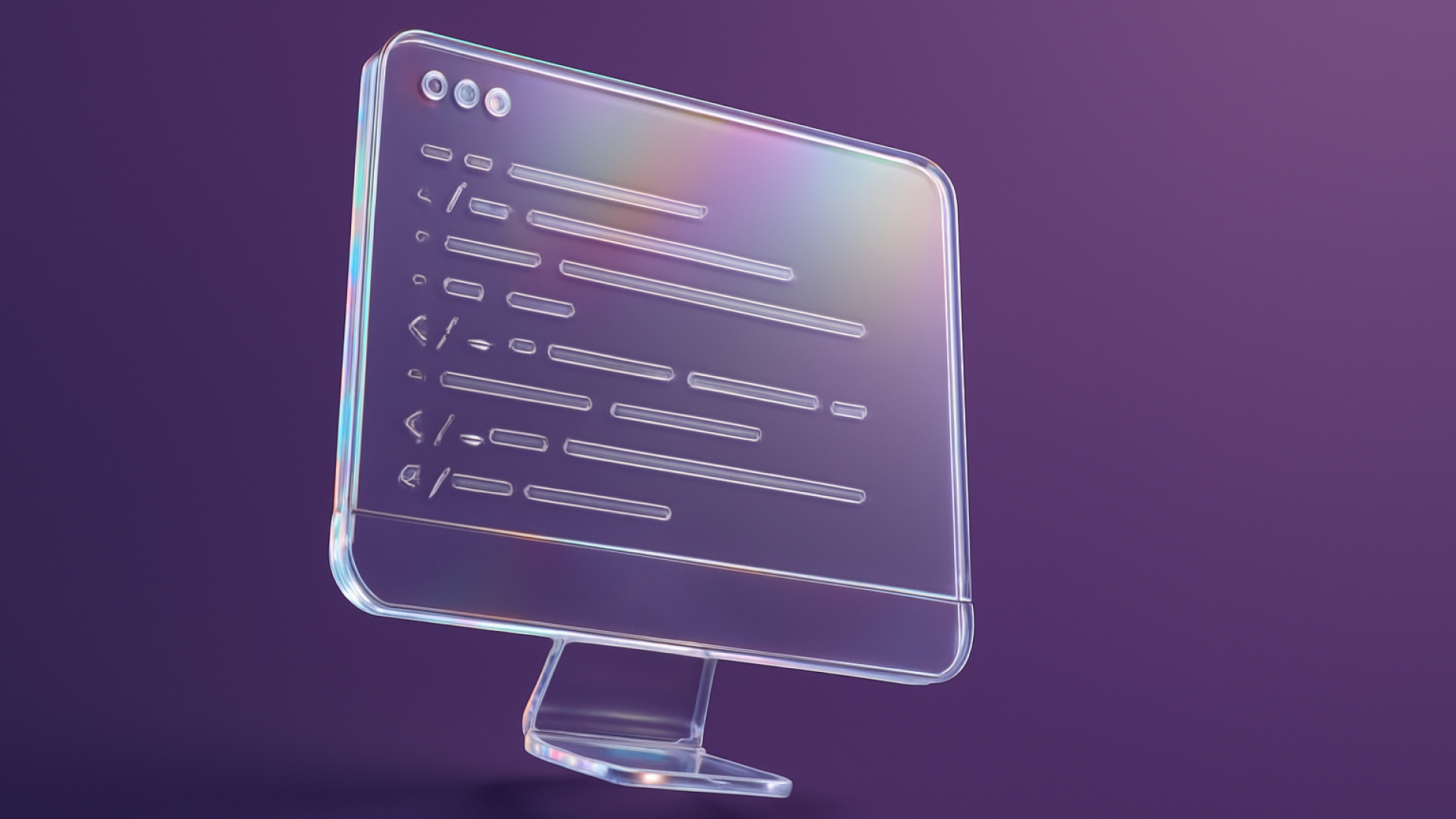Artificial intelligence isn’t some distant sci-fi dream anymore; it’s here, and it’s transforming industries at lightning speed. Nowhere is this more evident than in healthcare diagnostics, where AI technology is rapidly advancing and playing an essential role in enhancing diagnostic procedures.
With AI’s power to analyze data and identify patterns, healthcare providers are unlocking levels of precision and efficiency previously thought impossible. This isn’t just about technology for technology’s sake—it’s about making patient care smarter, faster, and more personal.
Let’s dive into how AI in healthcare diagnostics is reshaping the field and delivering outcomes that matter.
Core Applications of AI in Healthcare Diagnostics
AI in healthcare isn’t just about innovation—it’s about impact. By addressing long-standing challenges in diagnostics, AI technologies are helping healthcare providers deliver better outcomes for patients while enhancing efficiency at every step.
From identifying diseases earlier to streamlining workflows and supporting clinical decisions, these core applications showcase how AI is turning potential into progress.
Medical Images and Analysis
AI is revolutionizing medical imaging interpretation through enhanced accuracy and efficiency. AI algorithms enhance diagnostic accuracy by analyzing complex medical images such as MRIs, CT scans, and X-rays, identifying subtle patterns that might be overlooked by human analysis. A groundbreaking study published in Nature demonstrated that AI algorithms can outperform radiologists in breast cancer detection, achieving a higher accuracy rate compared to human experts.
That improvement not only enhances diagnostic precision but also reduces unnecessary biopsies, ultimately improving patient care with AI.
Meanwhile, in CT scan analysis, AI-driven frameworks have slashed interpretation time from 30 minutes to a mere 5, all while safeguarding over 90% diagnostic accuracy. The FDA-approved IDx-DR system exemplifies this progress by autonomously detecting diabetic retinopathy from retinal images with exceptional reliability.
Clinical Decision Support Systems
AI-powered Clinical Decision Support Systems (CDSS) are transforming medical decision-making processes. IBM Watson for Oncology has demonstrated remarkable success, with treatment recommendations aligning with oncologists’ decisions majority of the time. Predictive analytics play a crucial role in enhancing these systems by identifying patterns in vast medical data, thereby improving diagnostic accuracy and crafting personalized treatment plans.
That level of accuracy helps standardize care quality and reduces the potential for diagnostic errors.
In critical care settings, AI-driven sepsis prediction tools have achieved significant impact, with implementations reporting a reduction in sepsis-related mortality through earlier detection and intervention. They continuously monitor patient data to identify high-risk cases before traditional symptoms become apparent.
Laboratory and Pathology Applications
In pathology, AI systems have achieved remarkable precision in tissue analysis by leveraging large volumes of medical data. Studies show AI models reaching 98% diagnostic accuracy in identifying prostate cancer from biopsy samples, significantly reducing pathologist workload while maintaining diagnostic quality. Laboratory automation enhanced by AI has streamlined testing processes, cutting result turnaround times by up to 50%.
That efficiency improvement not only enhances patient care but also optimizes resource allocation and reduces operational costs.
Remote Diagnostic Capabilities
The integration of AI in telemedicine has expanded healthcare access to quality medical diagnostics, particularly in underserved communities. Platforms like Babylon Health have reported 80% user satisfaction with AI-driven diagnostic assessments.
Additionally, AI-enabled wearable devices have shown impressive capabilities, with some smartwatch systems achieving 97% accuracy in detecting atrial fibrillation, enabling continuous health monitoring and early intervention.
Such remote diagnostic tools have become particularly valuable in underserved areas, providing access to specialist-level diagnostic capabilities without requiring physical presence. The technology enables continuous patient monitoring and real-time health assessment, facilitating timely interventions when needed.
Collectively, these innovations highlight the transformative impact of AI on diagnostics—a true AI revolution in healthcare.
Streamlining Patient Care Through AI Integration
AI is revolutionizing healthcare by making patient care smarter, faster, and more efficient. From cutting wait times to optimizing resources, it’s reshaping how teams collaborate and deliver care, ultimately leading to better health outcomes.
Workflow Optimization
AI systems are turning chaotic workflows in healthcare systems into well-oiled machines. At Mount Sinai, an AI-powered patient flow system reduced wait times and boosted satisfaction scores.
Scripps Health saw similar success, significantly cutting ER wait times with Qventus. This AI tool predicts admission rates, streamlines resource allocation, and ensures urgent cases get priority without disrupting the overall flow.
Smarter Resource Management with Predictive Analytics
Resource inefficiency in healthcare settings? Meet its match. Tools like LeanTaaS have improved infusion chair utilization by up to 30%.
Stanford Health Care’s AI-driven systems saved $3.5 million by optimizing hospital resources with AI, including surgical schedules and supply chains. By reducing last-minute changes, they achieved more streamlined operations and significant cost savings—a testament to the AI effect.
Collaboration That Saves Lives
AI-powered tools are breaking down silos and boosting teamwork. Cleveland Clinic’s use of AI in EHRs reduced duplicated tests and cut patient stays, leading to better health outcomes.
For stroke patients, AI shaved seven hours off critical imaging-to-treatment time. Real-time updates and smarter data sharing mean teams can make faster, better decisions—and save more lives.
AI isn’t just a tool; it’s becoming the backbone of efficient, patient-centered care.
Implementation Strategies and Best Practices
Healthcare organizations looking to implement AI diagnostic solutions need a structured approach that addresses both technical and organizational requirements, particularly focusing on enhancing diagnostic processes. We’ve pulled together a practical guide for truly successful implementation.
Technical Infrastructure Requirements for Healthcare Systems
A robust technical foundation is essential for AI implementation. Machine learning plays a crucial role in enhancing diagnostic accuracy and treatment personalization in the healthcare sector. The first step is assessing and establishing these core components:
- High-performance computing infrastructure with GPU capabilities for processing complex algorithms
- Specialized AI software platforms (such as TensorFlow or PyTorch) for model development and deployment
- Advanced data analytics tools like Apache Spark or Hadoop for handling large datasets
Additionally, understanding various AI development strategies can help in tailoring the technical infrastructure to your specific needs.
Don’t forget: when choosing between cloud and on-premises solutions, there are a few factors to consider:
- Cloud platforms offer scalability and reduced upfront investment but require careful attention to data security
- On-premises solutions provide greater control but demand significant infrastructure investment and maintenance resources
According to a recent study, organizations that invest in proper infrastructure from the start see faster implementation times and better long-term results.
Data Management Framework
Remember, AI is only as powerful as the data behind it, especially in the realm of medical diagnosis. For true AI success, implementing a comprehensive data-driven AI strategy is crucial. Make sure to implement these key practices:
- Standardize data collection processes across all departments to ensure consistency
- Establish secure, scalable storage solutions that comply with HIPAA requirements
- Implement robust data preprocessing techniques to maintain high data quality
- Adopt healthcare data standards (HL7, FHIR) to ensure interoperability
Research shows that organizations with structured data management frameworks achieve higher accuracy in their AI diagnostic systems compared to those without standardized processes.
Change Management Strategy
Rolling out AI isn’t just about the technology—it’s about the people. Successful integration starts with a rock-solid change management plan that keeps your team informed, engaged, and confident every step of the way. Implementing AI integration best practices can help ensure a smooth transition.
- Develop tailored training programs focusing on specific AI tools and applications
- Create a dedicated support system for staff, including helpdesk services and regular Q&A sessions
- Foster a culture of innovation through clear communication about AI benefits
- Address resistance proactively by involving staff in the implementation process
Here’s the payoff: Organizations that prioritize change management see higher adoption rates of AI technologies, according to BMC Health Services Research. By focusing on people as much as processes, and simplifying AI adoption through effective change management strategies, you’ll pave the way for smoother transitions and long-term success.
Ensuring these AI transformation prerequisites are in place lays the groundwork for a successful AI integration.
Integration Roadmap
The American Hospital Association reports that organizations following a phased implementation approach are 3 times more likely to achieve their AI implementation goals within healthcare systems.
Simply follow this structured approach to integration:
- Initial Assessment
• Evaluate existing systems and workflows
• Identify high-impact areas for AI implementation
• Define clear success metrics
- Pilot Implementation
• Start with small-scale trials in controlled environments
• Gather feedback and measure results
• Adjust approach based on pilot outcomes
- Phased Rollout
• Gradually expand implementation across departments
• Monitor and optimize performance at each phase
• Maintain continuous stakeholder engagement
Remember to maintain regular communication with stakeholders throughout the implementation process and establish clear metrics for measuring success. Regular assessment and adjustment of your implementation strategy will help ensure long-term success in integrating AI diagnostic solutions into your healthcare organization.
Addressing Implementation Challenges
The road to AI integration in healthcare is full of twists and turns, but by overcoming AI implementation hurdles with proactive strategies, you can make the journey smoother. Here's how to tackle the most common challenges:
Technical and Infrastructure Challenges
AI demands robust systems, secure storage, and reliable networks. Infrastructure assessments, cloud solutions, and edge computing for sensitive data can help bridge the gap.
Regulatory and Compliance Considerations
Meeting regulations like HIPAA and FDA guidelines is non-negotiable when it comes to AI data security in healthcare. Encryption, specialized compliance teams, and staying engaged with regulators keep your AI initiatives on track.
Change Management and Training
Even the smartest AI tools need human champions. Role-specific training, "AI champions," and strategic pilots build trust and ensure a smoother transition.
Future Outlook and Recommendations
The landscape of AI in healthcare diagnostics is rapidly evolving, promising far-reaching shifts in how clinicians deliver and patients experience care. Innovations like virtual health assistants, remote monitoring, and precision diagnostics are already making their mark, and the horizon is brimming with next-level technologies—everything from quantum computing collaborations to digital twin models that allow virtual experimentation before real-world application.
Looking further ahead, we can expect to see:
- Integration of AI with quantum computing for accelerated discovery and analytics
- Digital twin models enabling virtual testing of treatments
- Autonomous virtual health assistants delivering proactive patient care
- AI algorithms that integrate diverse data sources, including genomics and personal lifestyle parameters
- Greater access to advanced therapies at more affordable costs
For healthcare decision-makers, the time to act is now.
Show up to the challenge with clearly defined goals, consistent training efforts, and a willingness to learn from early pilots. If you want deeper support on designing or scaling these AI initiatives, consider exploring Tribe’s dedicated frameworks and services for organizations venturing into AI-driven healthcare.
By focusing on robust technical foundations and smart change management today, healthcare organizations can tackle AI adoption challenges and deliver more accurate diagnoses, personalized treatments, and better patient outcomes tomorrow. The transformative power of AI diagnostics isn’t just a promise—it’s the key to redefining modern healthcare.






.jpeg)






